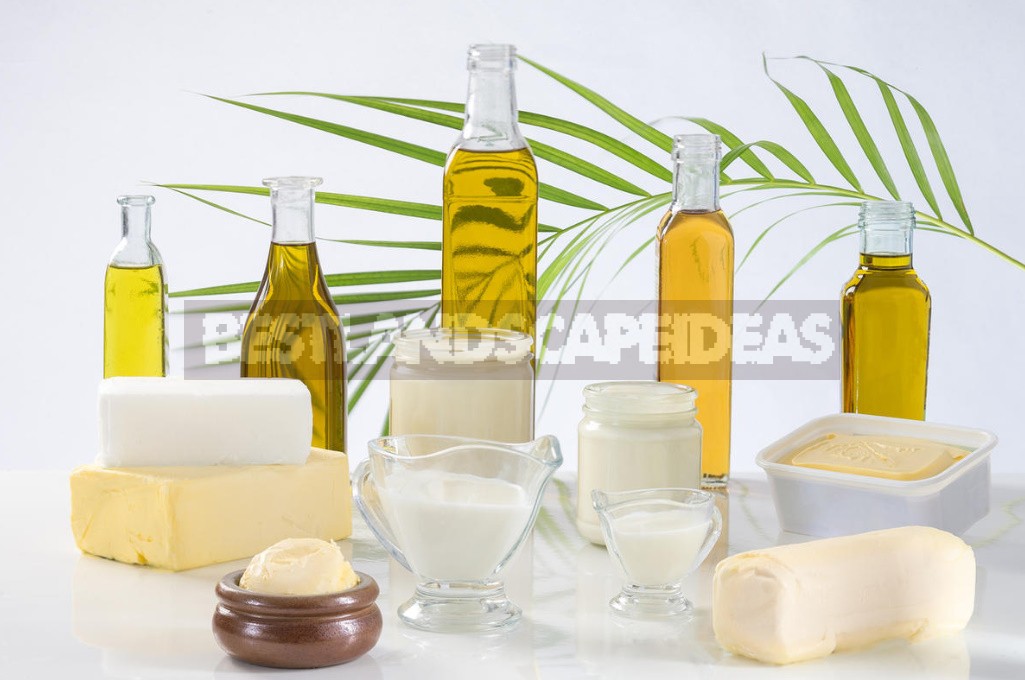
At the time of my childhood – this is the 60s and 70s of the last century-the main fat in our kitchen was lard (melted pork fat). I remember that well. On it fried the burgers, made the dressing for borscht, my grandmother even doughnuts in deep fat fried in melted lard.
This fat was very fragrant, especially when freshly heated. Sometimes, when we came running from the street for a piece of bread (we then had such a fashion – there is something on the street), grandmother smeared the hump with a thin layer of lard and thickly salted – we liked this sandwich.
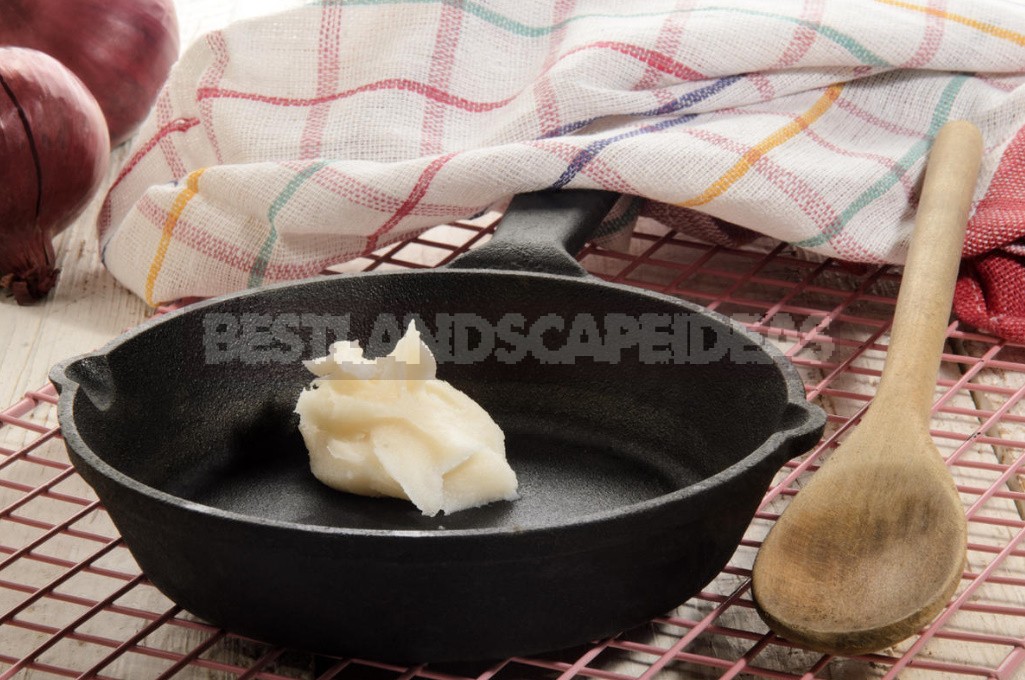
The more expensive fat was melted butter. We bought it infrequently. It was used most often for sweet pastries or diet food.
Sunflower oil was considered appropriate when frying fish, even they watered vegetable salads or slices of herring mixed with onions. The use of vegetable oil for dressing the first courses was considered, to say the least, strange. For my grandmother it was a sign of carelessness and economic ignorance.
Sunflower oil was bought at the market-the store had a completely impossible taste. In the market, the oil had to be tried: it could be overcooked, could be bitter, have a more or less pronounced smell. And besides, it quickly deteriorated, even in the refrigerator, it became rancid. And fried-strongly smelled and foamed on a frying pan.
But time passed – and the situation with kitchen fats has changed dramatically: animal fats were declared sources of cholesterol and health enemies number one. Vegetable oils came to the fore. And first of all sunflower oil.
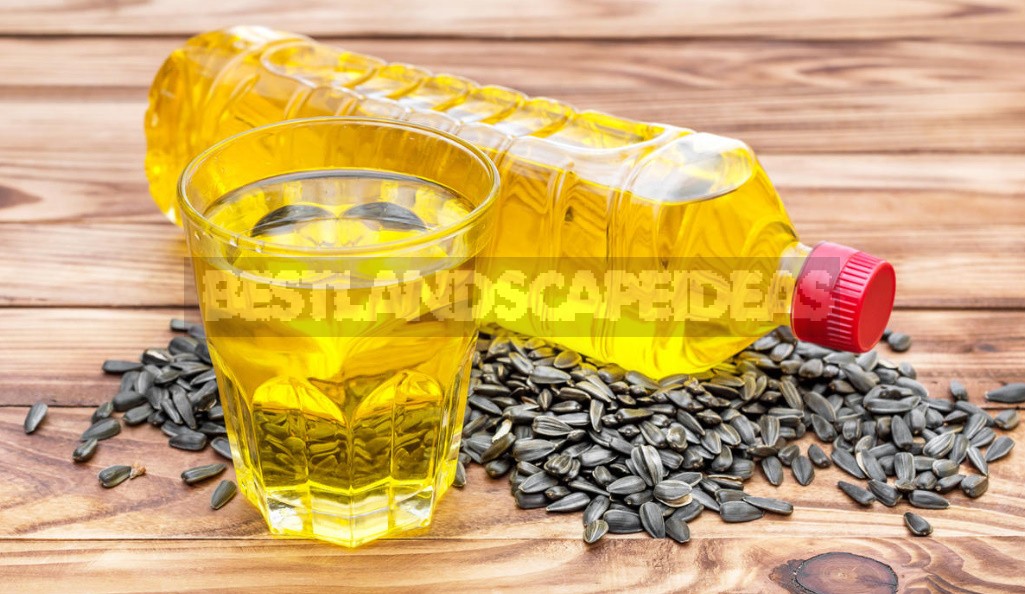
Many people perceive vegetable oils as more beneficial to health. Perhaps it is the well-established myth that everything “vegetable” is more useful than animal products that makes us choose vegetable oil. In addition, doctors and nutritionists in recent decades have actively recommended that we abandon saturated fats (animal origin) in favor of unsaturated (vegetable oils), because it is much healthier. Alas, this is not always the case.
The mistake of nutritionists can be understood: to draw the right conclusions, it takes decades of observations of the consumption of a product. But until recently, it was simply not possible to observe the long-term mass consumption of unsaturated (vegetable) fats, because people have only recently mastered the technology of mass production of vegetable oils.
In the last few decades alone, vegetable oils have overtaken many times and almost supplanted other fats from our kitchen. According to the us National institutes of health, the consumption of vegetable oils has increased 2-3 times in the last 30 years and now accounts for about 7 % of the calories in the human diet.
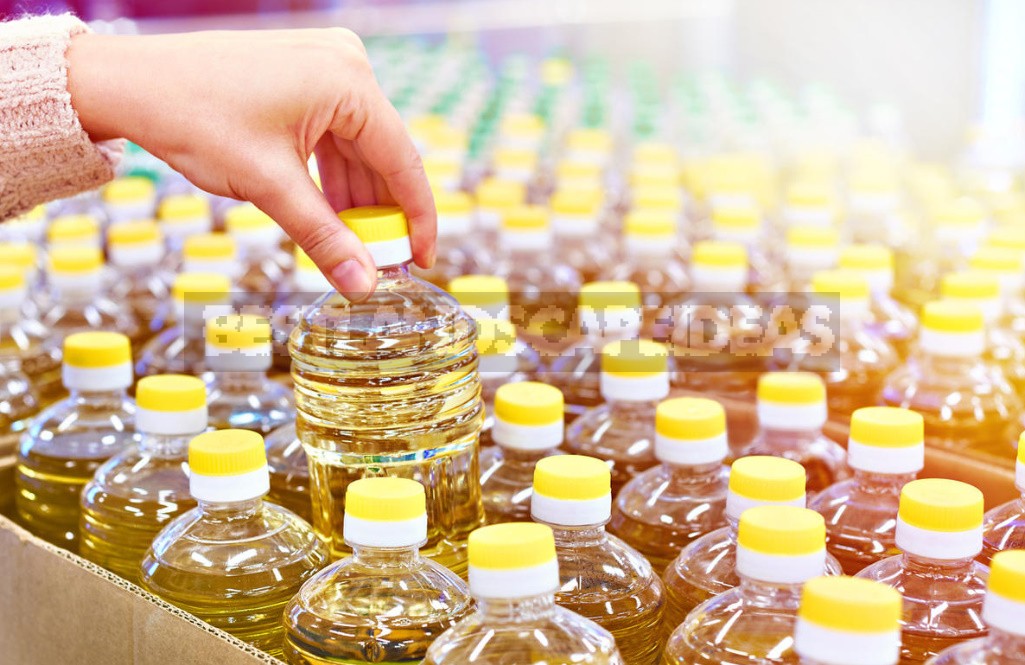
For nutritionists and scientists, it’s time to summarize the observations and draw conclusions. Alas, these findings clearly show that grain oils can cause serious damage to human health. After all, the content of fatty acids in them is different from what people used to consume throughout their evolution. This threatens us with undesirable physiological changes at the cellular level, and therefore-many diseases.
Let’s try to go a little deeper “in science” and understand why grain vegetable oils can be quite unhealthy for our health.
Seed oils are a source of polyunsaturated fatty acids
Most often in our kitchen we use processed seed oils, such as soybean, sunflower, corn, safflower oil and some others. Manufacturers often use the slogan ” Healthy heart!”keeping in mind that the high content of vitamin E and unsaturated fatty acids in this product is good for vascular health and heart muscle.
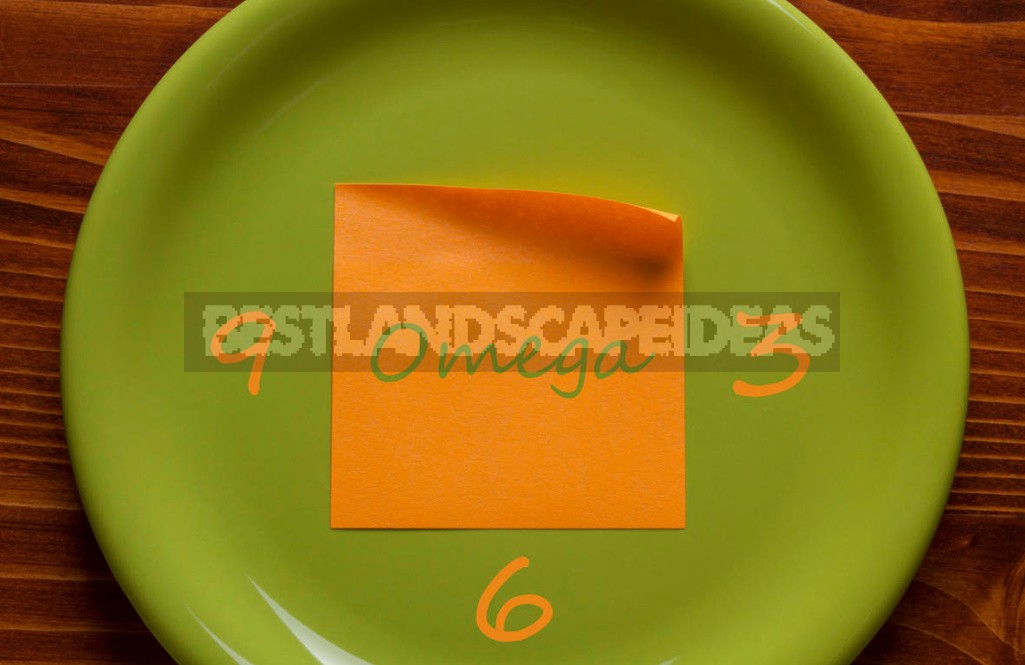
What the manufacturers do not mention is that seed oils contain a very large amount of biologically active fats called polyunsaturated fatty acids omega-3 and omega-6, an excess of which is harmful to humans.
In addition, modern methods of making vegetable oils include pressing, heating, processing with various industrial chemicals and highly toxic solvents. As a result, seed oils are converted into a material unsuitable for consumption in food.
There is a healthier method of producing seed oil – cold pressing. This method is more gentle and more expensive. The oil obtained in this way contains fewer chemicals (and sometimes does not contain at all), but the presence of excess unsaturated fats in seed oils is still a problem.
All of the above does not apply to healthy vegetable oils such as olive or coconut oil. Why is a separate topic. But the fact remains: of all the variety of oils on the market today, only olive and coconut are safe for our health.




Leave a Reply